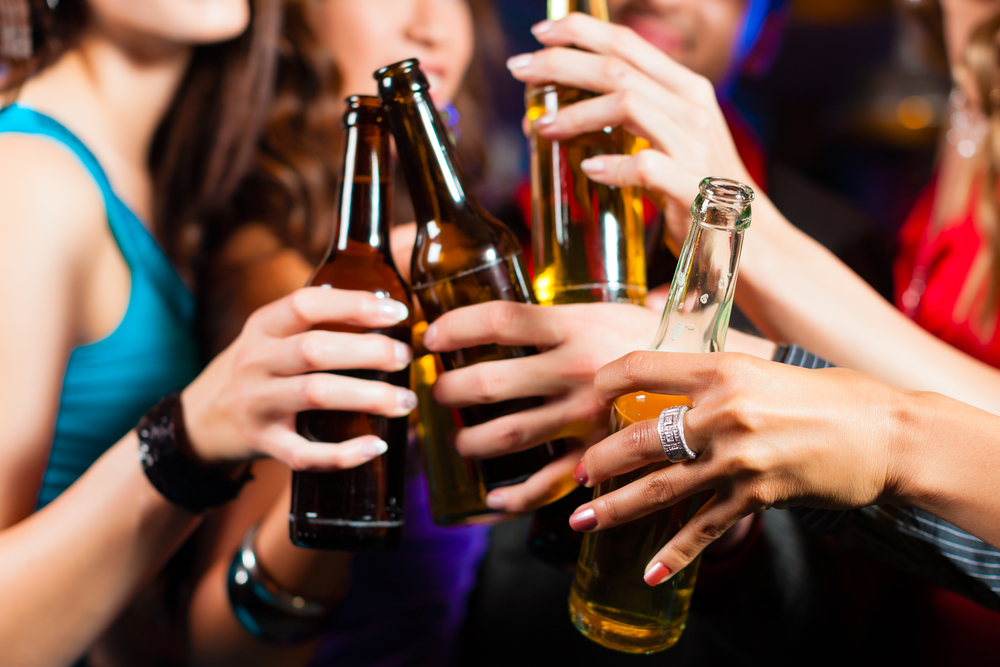Your Drunken Urge for Pizza and Wings, Explained by Science

Anyone who's ever had a lot to drink probably knows the feeling: You want to chow down on pizza, fast food or other grub — and probably a lot of it. Now, a new study in mice may offer a possible explanation for this desire to overeat: Alcohol may activate some of the brain cells that normally make people feel hungry.
Although the study was conducted in mice, the findings likely apply to people as well because humans have the same types of neurons in their brains as the neurons the researchers focused on in the study, said Jessica R. Barson, an assistant professor of neurobiology at Drexel University College of Medicine in Philadelphia, who was not involved in the study.
Previous research has shown that people tend to overeat after drinking alcohol — a phenomenon dubbed "the apéritif effect" — but it was not clear what the potential biological reasons for this link might be. The effect was particularly puzzling considering that alcohol has a high number of calories per gram, "and calorie intake usually suppresses brain appetite signals," the authors wrote in the study, published Jan. 4 in the journal Nature Communications. [7 Ways Alcohol Affects Your Health]
In the new study, the researchers examined the effect of alcohol consumption on food intake in a group of mice, in what the scientists called an "alcoholic weekend" experiment. The researchers injected the mice with alcohol over three days. To serve as a comparison, they injected the mice with saline over the three days before and the three days after the alcohol injections. The researchers gave the mice access to the same amounts of food and water throughout the study.
The researchers found that the rodents ate significantly more food on the days when they were injected with alcohol.
This finding is in line with the results of a study in humans published in 2015 in the journal Obesity, which also found a link between alcohol consumption and eating more food.
The researchers also looked at the mice's brains throughout their experiments, and found that certain brain cells, called Agrp neurons, that normally promote hunger were activated after the mice were injected with alcohol but not after they were injected with saline. Moreover, when the researchers artificially inhibited the activity of those neurons in the mice, the mice stopped overeating, the researchers found.
Get the world’s most fascinating discoveries delivered straight to your inbox.
The researchers concluded that alcohol may help to sustain what the researchers call "false starvation alarms" in the brain. In other words, it may make the mice feel that they are hungry even though they are getting calories from the alcohol itself, according to the findings.
However, the study had certain limitations, Barson noted. For example, the researchers injected the mice with alcohol, and did not arrange for them to drink the alcohol voluntarily, which is the usual mode of alcohol consumption in humans, she said.
"Nobody injects themselves with alcohol," Barson told Live Science. "We drink alcohol." Though the researchers likely used the injection method to ensure that the mice received equal doses of alcohol, the injection procedure might have exerted stress on the mice, which could have affected the results, she said. That's because "stress can change the brain and behavior in powerful ways," Barson said. For example, it can affect how much we eat, and it can even activate Agrp neurons, she said.
Originally published on Live Science.
 Live Science Plus
Live Science Plus






